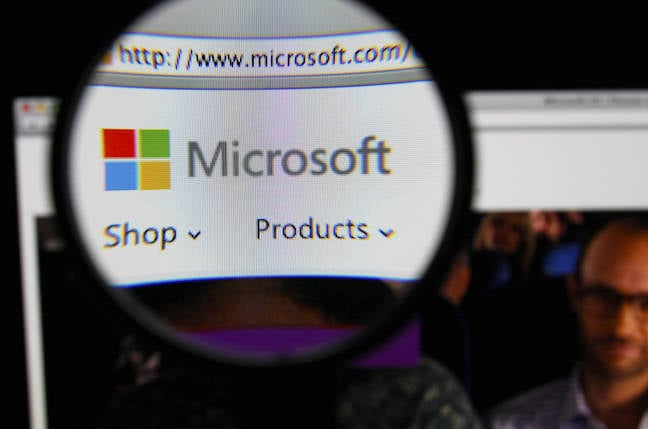
January 24, 2024 at 06:07AM
Microsoft revealed a second breach by Russian cyber spies, Cozy Bear, who stole emails and files from the tech giant’s leadership and security teams. The company is uncertain about the breach’s financial impact but has faced similar incidents before. Concerns about Microsoft’s security practices were raised by a US Senator, emphasizing the need for improvement.
Key takeaways from the meeting notes are as follows:
– Microsoft announced that Russia’s Cozy Bear breached its network, stealing emails and files from the leadership team, cybersecurity, and legal employees. The intrusion occurred in late November 2023 and was only detected on January 12, 2024.
– Despite the breach, Microsoft stated that it has not decided if the incident will significantly impact the company’s financial status or operations.
– Various cyber espionage groups, including Lapsus$ and China’s snoops, have previously infiltrated Microsoft’s digital perimeter and stolen sensitive information.
– Microsoft has faced criticism, with US Senator Ron Wyden emphasizing the need for multi-factor authentication and accusing the company of negligence in addressing security vulnerabilities.
– The US Cyber Safety Review Board is conducting an investigation into the Microsoft breach and broader cloud security concerns, prompted by the theft of a Microsoft security key used by China to access US government email accounts.
– Despite security concerns and breaches, Microsoft continues to secure government and enterprise contracts, maintaining a leading position in the cybersecurity industry.
It is clear from the notes that Microsoft’s security practices and response to breaches have drawn criticism, but the company’s overall market success and resilience are evident. The breach has also brought attention to broader issues surrounding cloud security and the company’s responsibility in ensuring robust safeguards.